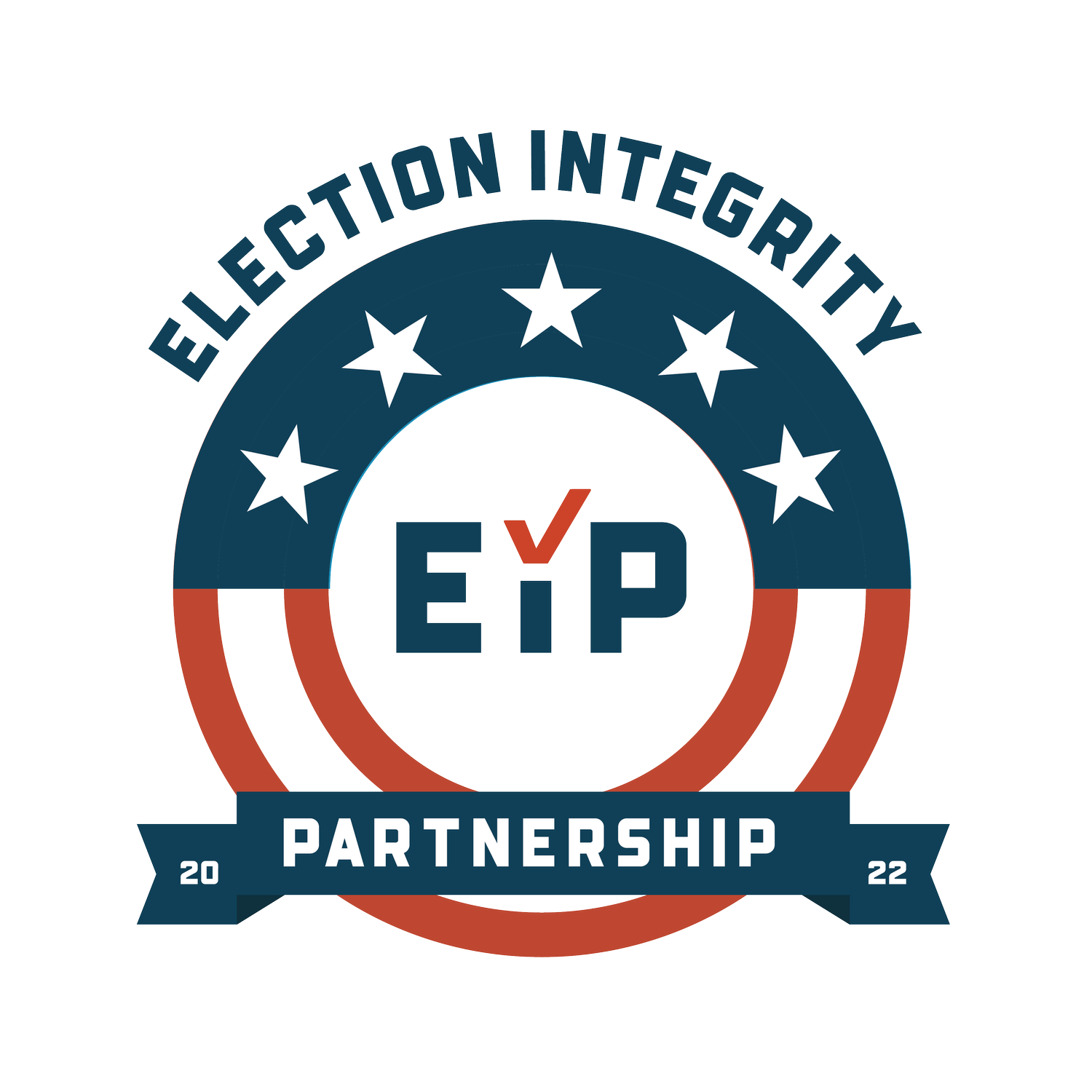Confusion about absentee ballot request forms circulates across platforms
Author: Alyssa Kann, Digital Forensic Research Lab
Research: Andrew Beers, University of Washington’s Center for an Informed Public; Sahar Markovich, Gordon Martinez-Piedra, Chase Small, and Adriana Stephan, Stanford Internet Observatory
Despite multiple fact-checking attempts, misinformation about absentee ballot request forms circulated on at least seven social media platforms from mid-August to mid-September. The EIP investigated the incident and reported evidence of spread across Reddit, TikTok, Facebook, Youtube, and Twitter. As of September 18, the EIP has observed platform action through labelings or takedowns from Facebook and TikTok. The highest traction tweet of this content by an influential individual remains unactioned.
The content, typically accompanied by image or video evidence, mistakenly conflates government-sent absentee ballot request forms with Trump campaign mailers which include an absentee ballot request form. Although confusing, according to Zach Montellaro, a campaign reporter at Politico, “it is not illegal or unusual” for political campaigns to send out absentee ballot request forms. These are not the same as state governments’ absentee ballot request forms, which are also mailed out and do not include candidate-specific campaign imagery.
Our analysts categorized this misinformation as procedural interference – content which contains misleading information about election procedures – because it spreads false information about what absentee ballot request forms look like. It is likely that the individual behind the initial post misunderstood that campaigns can legally send out information about absentee registration forms. There has been similar confusion around absentee ballot registration forms sent by local Democratic parties and containing the campaign logos for the Biden / Harris campaign.
Online confusion about Trump campaign mailers being government-sent absentee ballot request forms has popped up in multiple states, including California, New Mexico, Arizona, and Nevada, and the rumor has been circulating online since at least August 12. Counter-messaging attempts in news media and on Twitter – which have occurred since an August 16 CNN article addressing ballot confusion in North Carolina – have had limited success; the August 16 CNN article seems to have spurred on further discourse, including national coverage, local coverage, and discussions on social media, without fully clarifying the issue.
A screen still from the widely shared video showing the absentee ballot request form with campaign branding.
One of the most popular versions of this rumor is a video of a woman who shows a Trump campaign mailer with an absentee ballot request form and mistakenly implies that it is her government-sent absentee ballot request form. EIP analysts found this video dating back to at least September 11 on Youtube, but were unable to find the earliest version which the team suspected to have originated on TikTok. The Youtube video remains live as of September 18th. The TikTok team responded to this incident by removing reposts of this video which the EIP identified as well as further duplicates. In addition to TikTok and Youtube, the video has spread on Twitter, Facebook, Tumblr, and Instagram. Influential individuals including the comedian Leslie Jones have shared the video on Twitter and Instagram; currently, neither platform has debunked the claim, although Instagram has placed a small ‘Voting Information Center’ message at the bottom of Jones’ post.
In total, the claim that government-sent absentee ballots have candidate-specific imagery spread on Twitter, TikTok, Reddit, Facebook, Tumblr, Instagram, and Youtube within the span of a month. Previous fact-checking efforts have done little to halt the content’s spread. The EIP will continue to work with platforms to monitor development of this narrative.

